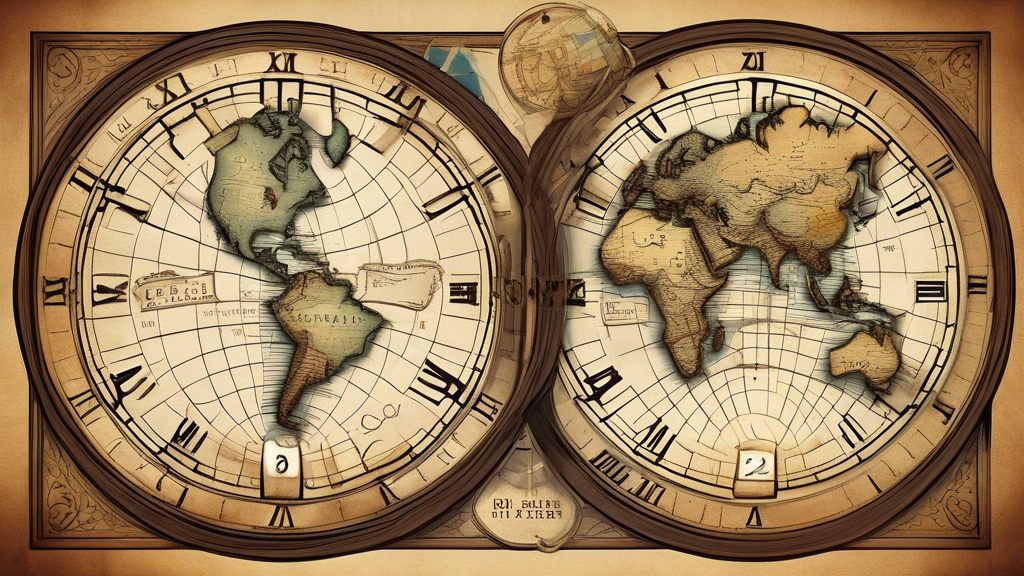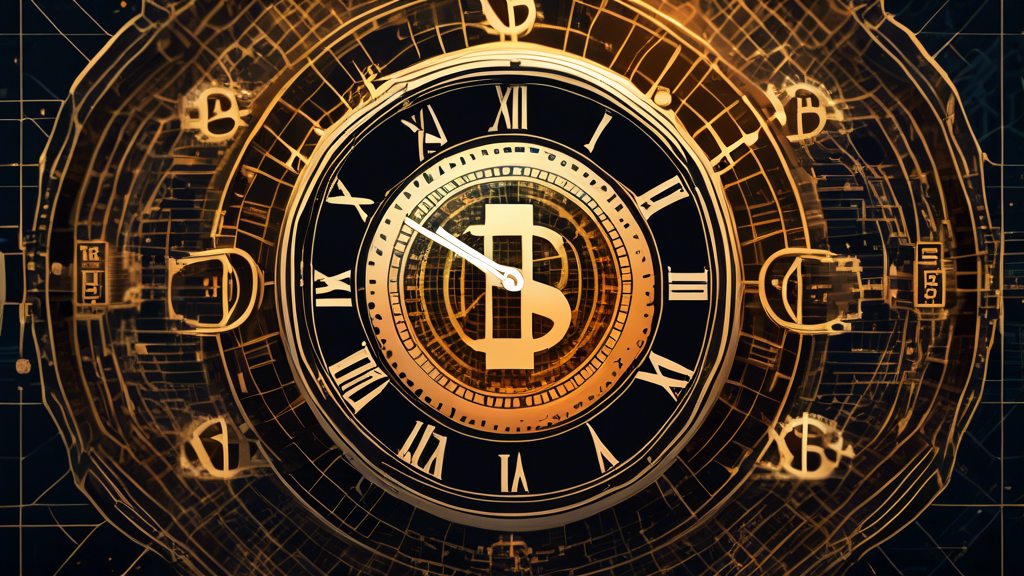What is a World Clock?
A world clock, at its core, is a timekeeping tool that displays the current time in different locations around the globe. It’s more than just a simple clock; it’s a window into the synchronized dance of time zones, offering a glimpse into the lives and schedules of people across continents.
Why Use a World Clock?
The world clock’s utility extends far beyond mere curiosity. It serves as an essential tool for various individuals and professionals:
- **Travelers:** Planning trips and managing jet lag becomes easier with a world clock. Knowing the exact time at your destination helps you adjust your sleep schedule and avoid confusion.
- **Business Professionals:** In today’s globalized world, businesses often operate across borders. A world clock is crucial for scheduling meetings, calls, and deadlines with colleagues or clients in different time zones.
- **Remote Workers:** As remote work becomes increasingly prevalent, staying connected with team members in various locations is vital. A world clock ensures everyone is on the same page, regardless of their geographical location.
- **Families and Friends:** Keeping in touch with loved ones living abroad is made simpler with a world clock. You can easily determine the appropriate time to call or message without interrupting their sleep or daily routines.
Types of World Clocks
World clocks come in various forms, each catering to different needs and preferences:
1. Physical World Clocks
- **Analog Clocks:** Traditional clocks with multiple faces, each displaying the time in a different city.
- **Digital Clocks:** Electronic clocks with LED or LCD displays, often featuring additional information like date, day of the week, and temperature.
2. Online World Clocks
- **Websites and Web Apps:** Numerous websites and web applications offer world clock functionalities, allowing users to search for specific cities or browse time zones.
- **Mobile Apps:** Smartphone apps provide convenient access to world clock features on the go.
3. Computer Software
- **Operating System Utilities:** Many computer operating systems include built-in world clock features, accessible through the taskbar or settings.
- **Desktop Widgets:** Small applications that reside on the desktop, displaying the time in multiple locations.
Features of World Clocks
Beyond displaying the time, modern world clocks often include additional features:
- **Time Zone Converter:** Calculate the time difference between any two locations.
- **Daylight Saving Time (DST) Information:** Stay informed about DST changes in different regions.
- **Alarm and Reminder Functions:** Set alarms or reminders for specific times in various time zones.
- **Meeting Planner:** Find suitable meeting times that accommodate participants in different locations.
- **Weather Information:** Get real-time weather updates for selected cities.
Choosing the Right World Clock
The ideal world clock depends on your specific needs and preferences. Consider the following factors:
- **Functionality:** Determine the features you require, such as time zone conversion, alarms, or weather information.
- **Accessibility:** Choose a format that suits your lifestyle, whether it’s a physical clock, online platform, or mobile app.
- **Aesthetics:** Select a design that complements your home or office décor, or personalize a digital clock with your preferred color scheme.



